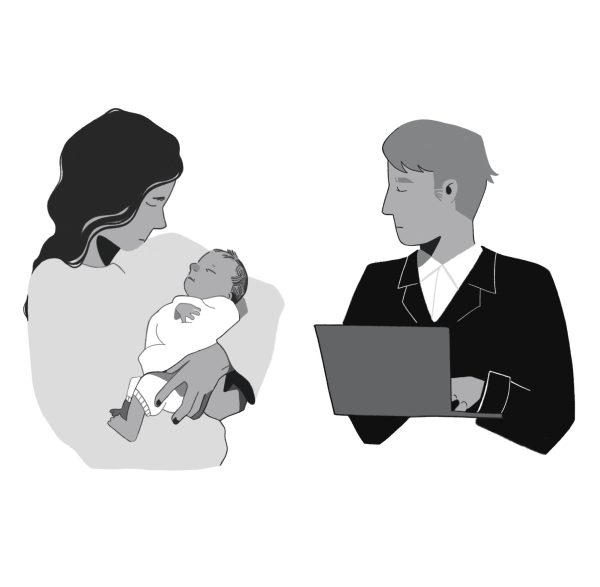
While progress has been made in some societies, gendered standards remain prevalent across the globe, shaping the lived experiences of people based on their cultural backgrounds.
Culture is often wielded as a shield to justify traditional gender roles that continue to shape society. For years on end, cultural narratives have positioned men and women in certain “God-ordained” roles, reinforcing restrictive stereotypes that threaten individual autonomy. This deeply ingrained mindset, perpetuated through family expectations, religious teachings and media portrayals, constrains people, removing their ability to venture outside of these roles. While culture is valuable for creating identity and belonging, using it to defend outdated norms is just increasingly out of step with the ideals of equality. It’s time to decide how much of this “narrative” is about preserving culture versus simply maintaining control.
In many Western cultures, the narrative of gender equality is championed as a hallmark of “modern civilization”. However, even within the West, gender standards are still glaringly evident. We women are judged for our choices, particularly regarding career ambitions, motherhood and sexual behavior. A woman who enjoys spending time outside the home is shamed for it while a man is just “enjoying himself”. This cultural dichotomy not only affects individual self-esteem but also perpetuates systemic inequalities in society (yes they’re still there) and widens the bridge between what men and women expect of each other.
In contrast, traditional societies impose what we view to be more rigid gender roles that dictate acceptable behavior for men and women. In many cultures, masculinity is equated with strength and authority, while femininity is often associated with nurturing and subservience. Women in these cultures may face severe repercussions for deviating from prescribed roles, leading to a cycle of oppression that’s difficult to break. For instance, in certain communities, women are discouraged from pursuing education or careers, with societal pressure to marry and raise children being overwhelmingly dominant.
Religion often plays a significant role in reinforcing gender double standards. In most Abrahamic faiths, teachings are usually interpreted in ways that elevate male authority and diminish female autonomy. Women then get restricted under the guise of cultural or religious adherence. Conversely, there are also progressive interpretations that advocate for gender equality within religious frameworks.
Women are tired. Men give us dress codes, expect us to be primary caregivers and homemakers, assign certain careers the curse of femininity like nursing, ridicule us when it comes to participation in sports and continue to participate in unfair and creepy workplace behaviors. We are “aggressive” if we communicate as they do and dating is impossible because all of these expectations come together to create an unfortunately nasty contrast to women in reality.
With globalization, cultural exchanges are challenging traditional norms, leading to a re-evaluation of gender roles in various societies. Being young and influenced by global media and social movements is helping us increasingly advocate for gender equality. However, resistance to change is still strong, particularly in societies where traditional gender roles have been the norm for generations. The push and pull creates a complex landscape where double standards have continued to thrive.
Education is paramount, not only in empowering women but also in encouraging men to challenge harmful stereotypes within themselves. Engaging men as allies is the only way to dismantle the rigid binaries that have long governed society because men have been and still are the majority enforcers of double standards.
Moreover, cultural sensitivity is crucial. Efforts to promote gender equality must respect and understand the cultural contexts in which they operate. Solutions that work in one cultural setting won’t always be effective in another and imposing external values can sometimes do more harm than good.
The fight against gendered standards is not confined to any single culture or region, it’s global. I want a world where individuals are free to define their identities, unencumbered by the weight of their gender roles and cultural expectations.




